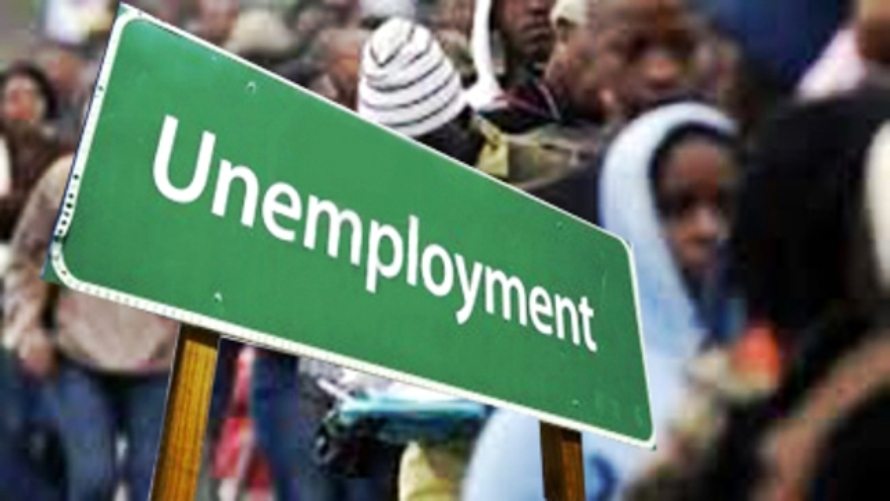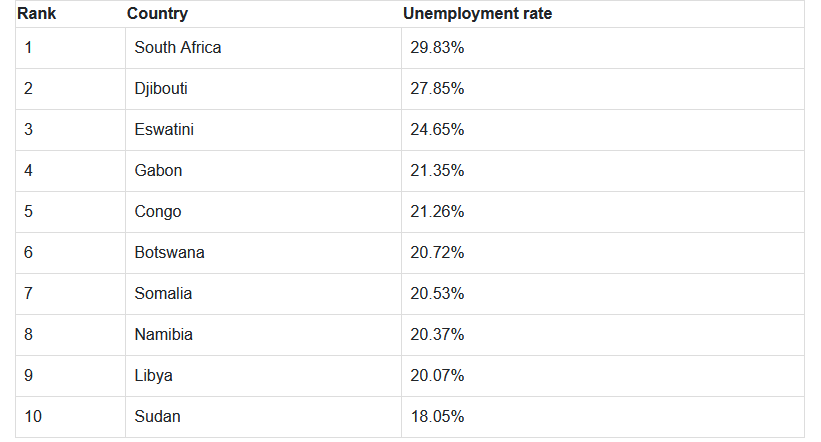Unemployment is one of Africa’s most significant challenges, hindering economic growth and social progress. The African Development Bank (AfDB) warns that, if current trends continue, about 100 million young Africans could be jobless by 2030.
This alarming figure underscores why unemployment is the top concern for people aged 18 to 35, according to Afrobarometer, a pan-African research organisation.
These young people are also worried about how their governments manage the economy, and it is easy to understand why. Between 8 and 11 million youth are expected to enter the job market annually in the coming decades, but only about 3 million formal jobs are created each year, creating a significant gap.

Even South Africa, the continent’s most industrialised nation, faces this problem. With one of the highest youth unemployment rates in the world, 61% of people aged 15 to 24 cannot find jobs.
The high unemployment rates in Africa have serious consequences. Economically, it lowers household incomes, restricting consumer spending and stalling growth. Socially, it deepens poverty and inequality, often contributing to higher crime rates and political instability. Additionally, widespread youth unemployment drives migration, with many seeking better opportunities abroad, resulting in a brain drain that further hampers development.
Statista reports that South Africa has the highest unemployment rate in Africa at 29.83%, followed by Djibouti at 27.85%. Eswatini ranks third, with an unemployment rate of 24.65%, highlighting the tough job market in these countries.



